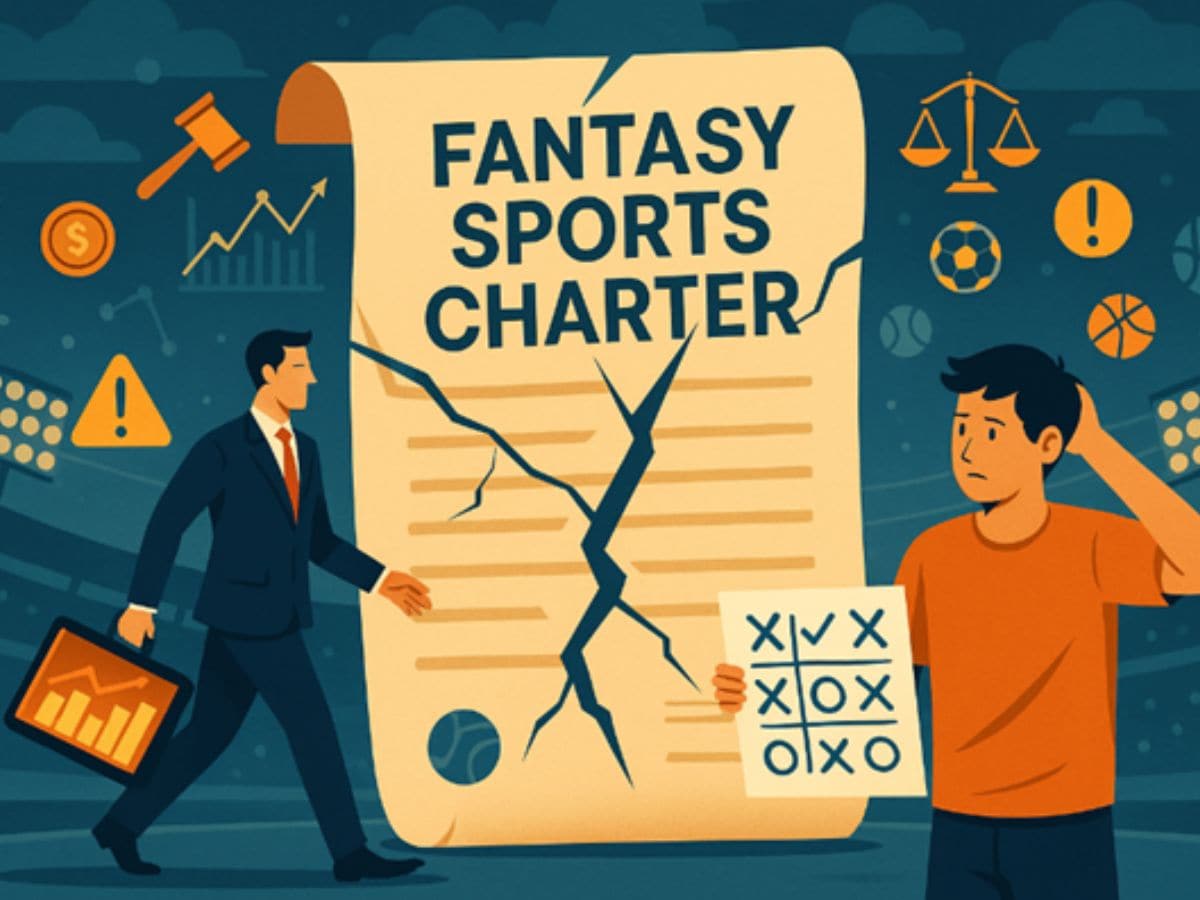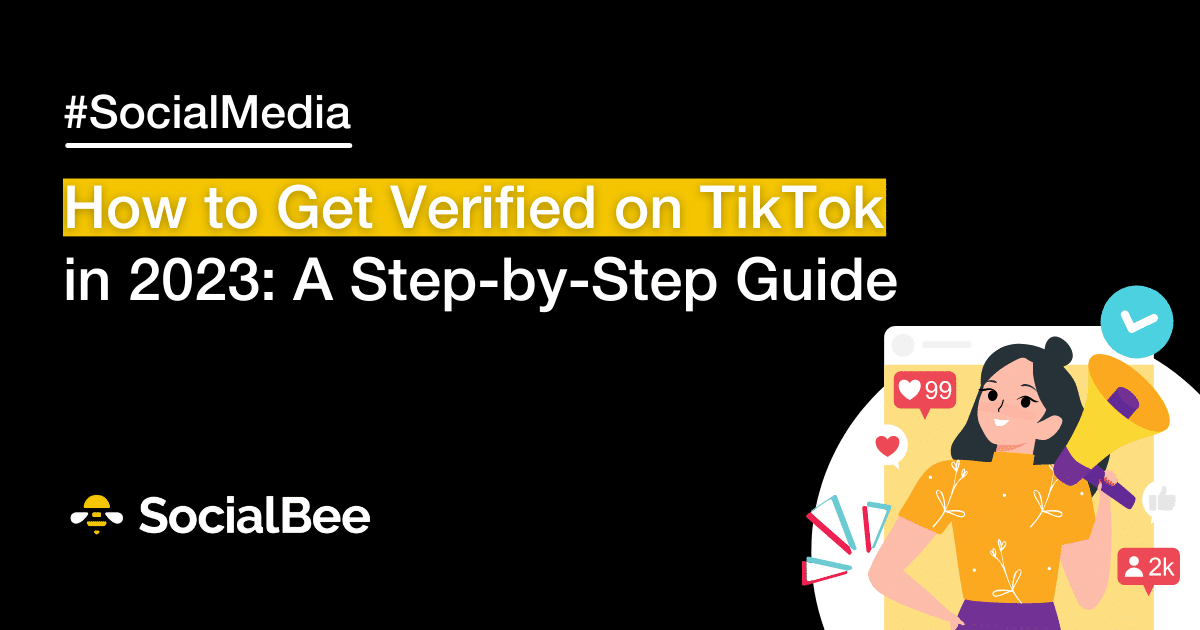In recent years, India’s fantasy sports industry has achieved remarkable legal and commercial milestones. Platforms like Dream11 have benefited from a string of favorable judgments by High Courts and the Supreme Court, which upheld fantasy contests as “games of skill,” thereby shielding them from gambling laws. These decisions have provided much-needed legitimacy to an emerging digital sector and have been celebrated by industry bodies and investors alike.
Yet, beneath the surface of this legal success story lies a growing concern. The current operational format of India’s largest fantasy sports platform Dream11 directly contradicts the very self-regulatory guidelines that once formed the foundation for its legal classification. According to Shekhar Kumar, a sports journalist shared that “Specifically, the platform allows users to select up to 10 players from a single real-world team in an 11-member fantasy squad, a clear breach of the “75% rule” stipulated by the Federation of Indian Fantasy Sports (FIFS) Charter”.
This situation presents a troubling paradox: while courts have upheld fantasy sports based on their adherence to skill-centric formats, the industry’s leading player has drifted from those very principles, all while continuing to benefit from legal protections rooted in now-outdated assumptions.
Legal Backing Built on a Precedent That’s No Longer Honored
The judicial consensus on fantasy sports is well-documented. In 2017, the Punjab and Haryana High Court held that fantasy contests hosted by Dream11 involved a significant degree of skill and therefore could not be classified as gambling. Several High Courts later echoed this stance, and the Supreme Court of India dismissed multiple Special Leave Petitions and review pleas, effectively reinforcing this legal position.
However, these judgments were rendered in the context of a specific format that required balanced team selection, strategic analysis, and cross-squad comparison. The FIFS Charter, published in 2020, institutionalized these principles through explicit rules most notably, a clause restricting users from selecting more than 75% of their fantasy team from any one real-world side.

Dream11’s current operational format no longer conforms to this provision. By allowing 10-player team stacking, the platform significantly reduces the role of comparative skill and strategic balance. Such stacking strategies increase the reliance on the outcome of a single real-world team’s performance, thereby undermining the argument that fantasy contests are skill-dominant and materially distinct from betting.
This evolution in contest design raises a critical question: Can a platform claim legal protection for a format it no longer follows?
Erosion of Regulatory Credibility and Risk of Judicial Reassessment
The issue is not merely one of industry ethics it has broader implications for regulatory legitimacy and legal continuity. Self-regulation only functions effectively when industry players adhere to the rules they claim to be governed by. In this case, Dream11 is a founding and dominant member of FIFS. Its non-compliance, met with silence from the self-regulatory body, weakens the credibility of the Charter itself.
This breach has not gone unnoticed. Legal scholars and gaming experts have pointed out that the continued citation of court rulings, while departing from the very rules that justified them, may invite judicial reconsideration or stricter regulatory scrutiny. Courts do not grant blanket immunity; their endorsements are rooted in the specific operational and regulatory contexts brought before them.
Moreover, such violations create competitive distortions in the market. Newer and smaller platforms that abide by the 75% rule are placed at a disadvantage, unable to offer the same kind of contest structures without compromising compliance. This reinforces monopolistic tendencies and discourages innovation, precisely the opposite of what a vibrant digital ecosystem requires.
Policy Recommendations: Time for Structural Clarity
Policymakers and regulatory authorities must recognize that the current framework is inadequate. While the courts have interpreted existing laws in favor of skill-based formats, they have not imposed enforceable standards to ensure consistency over time. It is, therefore, incumbent upon both self-regulatory organizations like FIFS and legislative bodies such as MeitY or NITI Aayog to take decisive steps. These include establishing binding compliance mechanisms within self-regulatory charters, ensuring that platforms cannot simply adopt guidelines without adhering to them. Independent third-party audits should be mandated to monitor ongoing adherence to these standards, helping to preserve the credibility of the framework. A transparent dispute resolution process is also essential to address violations fairly and efficiently, allowing grievances to be resolved without bias or delay. Furthermore, graduated enforcement must be introduced ranging from warnings to financial penalties to hold repeat offenders accountable and deter non-compliance.
Additionally, the Ministry of Electronics and Information Technology (MeitY), which recently withdrew its proposal for a centralized Self-Regulatory Body (SRB) due to concerns of industry capture, must revisit this idea with stronger institutional safeguards. A credible SRB must operate independently, with equal representation from consumer rights groups, legal experts, and smaller or emerging platforms rather than being dominated by the very entities it is meant to oversee. Only through such structural reforms can the industry ensure that legal clarity is matched by ethical consistency and competitive fairness.
Protecting Legitimacy Through Accountability
The Indian fantasy sports sector stands at a crossroads. It has the potential to become a global leader in skill-based digital gaming. However, this promise can only be fulfilled if the industry maintains regulatory integrity and operational consistency with its legal foundations.
If Dream11 and similar platforms continue to breach Charter rules while citing judicial backing, they risk triggering a collapse of regulatory trust and perhaps even legal rollback. The industry must choose: a sustainable, credible path governed by accountability or short-term gains protected by outdated judgments.
Self-regulation, without self-discipline, is merely a façade. It is time for the industry and policymakers to act before the courts are forced to revisit what was once a settled matter.
Get latest Tech and Auto news from Techlusive on our WhatsApp Channel, Facebook, X (Twitter), Instagram and YouTube.











